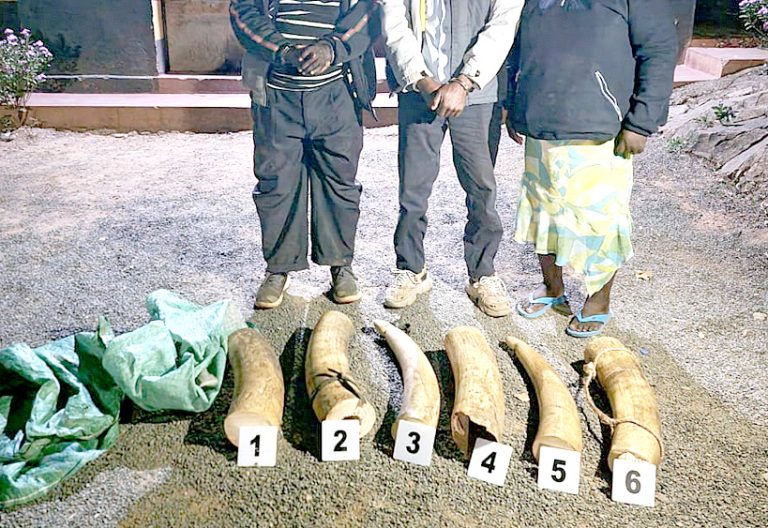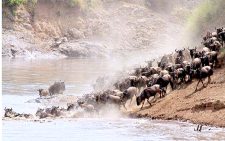UNDP puts Tourism Ministry on the spot over Ksh6M expenditure

The United Nations Development Programme (UNDP) has deducted about Ksh6 million from a programme it was funding under the Ministry of Tourism and Wildlife after an audit flagged an ineligible expenditure.
The money was spent yet it had not been budgeted for.
In a letter to the Permanent Secretary, UNDP Resident Representative Anthony Ngororano stated that the organisation deducted the money from a Ksh35.8 million project funding after the ministry failed to remit the refund.
The representative noted the funds were being held in the project account at Central Bank of Kenya where funds can only be drawn based on an itemised budget of the current financial year.
“UNDP concurs with the ministry’s requests for the fund’s utilisation to implement the approved project work plan activities for the 2024 financial year and that the ministry’s next cash advance request be sent, net the refund amount of Ksh5,969,000. The cash advance net of the refund will be actioned on the ministry’s 2024 Quarter 4 Direct Cash Transfer request of Ksh35,800,000 as per letter Ref: IWT/UNDP/SDW/1/3/3 [662] dated 10th October 2024,” the letter reads.
Strengthened capacity
“UNDP reaffirms its availability to provide any required support that will get the IWT Project fully on track to deliver a strengthened national capacity for combating poaching and illegal wildlife trafficking and contribution to the eradication of the global trade,” it adds.
The move by UNDP follows a special audit on a project dubbed Combating Poaching and Illegal Wildlife Trafficking (IWT) in Kenya through an Integrated Approach over the Ksh6 million ($40,645) that was not included in the project work plan and thus not budgeted for.
“The management should ensure that project funds provided by UNDP are only used to carry out planned activities as per the project work plan and budget. The IP should refund the amount in question to UNDP,” the report further reads.
It also flagged another expenditure of Ksh1 million that was double-booked in the financial reports submitted to UNDP and as a result, the expenditure reported was overstated.
Supporting documents
The overstating of the funds was done contrary to regulation 10.2 of the UNDP financing that requires all payments to be made on the basis of supporting documents which ensures that the services or goods have been received and that payments have not been previously done.
The report has also flagged Ksh1.2 million that was spent on procurement yet competitive bidding was not done.
Included in the Ksh1.2 million is Ksh5,600 incurred as lunch costs for the project management team at Zero-point guest house in Voi Kenya on October 18 2022, yet the team had been paid DSA.
In the report, UNDP raised concerns that incurring expenditure on non-project-related expenses is in contravention of the project agreement between the ministry and UNDP as it impedes the achievement of project objectives.
“The supporting documents indicate that the payments were not related to an activity aimed at enhancing the accuracy and completeness of the annual report and financial statements prepared for submission to the Auditor General, National Treasury and Controller of Budget for the year 2023. As such the expenditure is ineligible under the UNDP-funded project,” the report reads.
“Total ineligible expenditure is Ksh6,697,529 ($47,792), representing 6.9 per cent of the total expenditure reported under the project ‘00108255’ in the year,” it adds.
The audit report also raised concerns over Non-Project related costs that were charged to the UNDP project amounting to Ksh5.6 million.
The non-related project costs include venue costs for the budget review, costing and realignment of Ksh960,000, while the remainder of the money was spent on Daily Subsistence Allowances (DSAs) for participants for the budget review, costing and realignment.
The objective of the Combating Poaching and Illegal Wildlife Trafficking project is to support the Government of Kenya to address combating poaching and illegal wildlife trade through a new strategy, improvements of law enforcement capacity on the ground and sustainable landscape management in priority sites.











